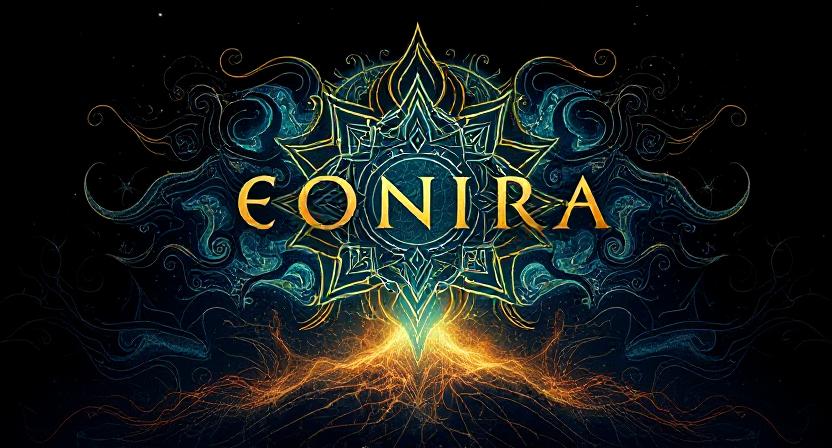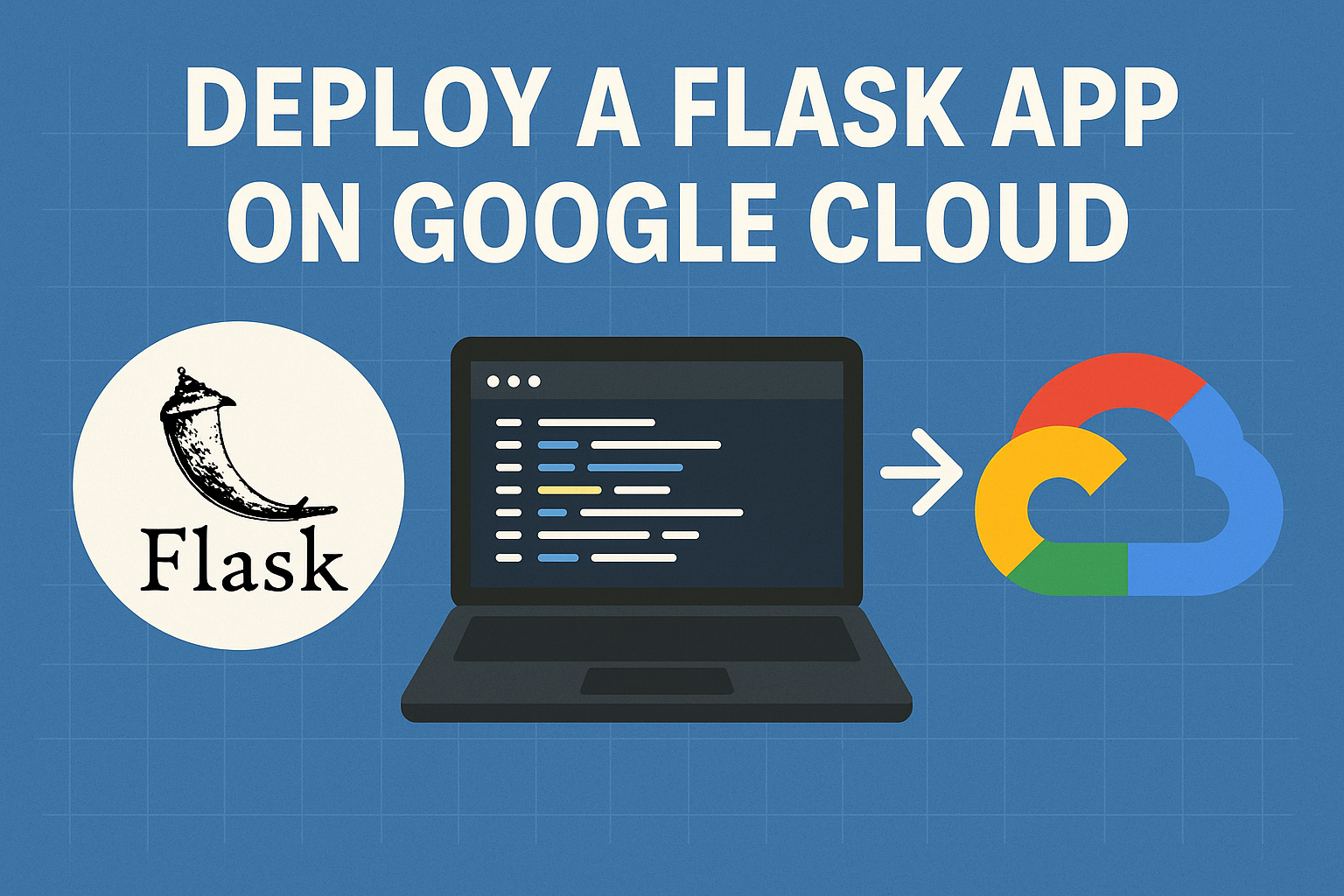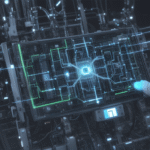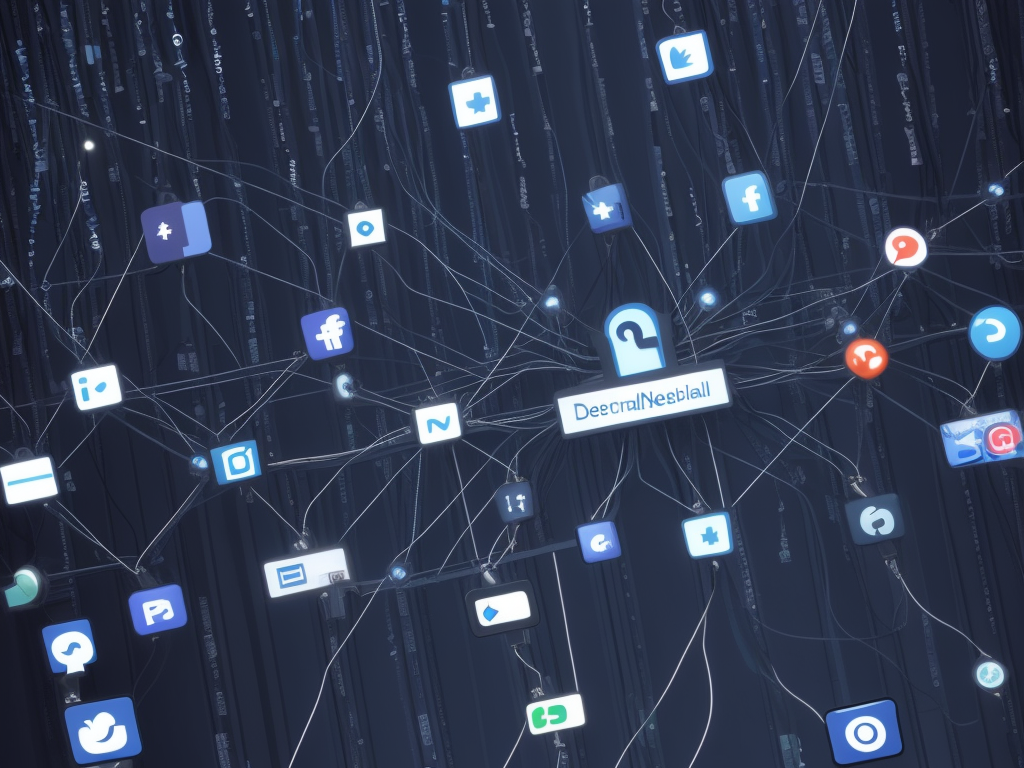Introduction to Decentralized Social Networks
Imagine a world where your social interactions are not governed by a central authority like a website or government but instead rely on a network of individuals who collectively validate and distribute information. This concept might sound futuristic, but it’s already happening today through decentralized social networks.
In this article, we’ll explore what decentralized social networks are, how they work, their benefits for privacy and autonomy, the challenges they present, and real-world scenarios where these technologies might be applied.
What Are Decentralized Social Networks?
A decentralized social network is a type of online platform that doesn’t rely on a central server or authority to manage user interactions. Instead, it uses peer-to-peer interactions and blockchain technology to validate and distribute content.
Think of it like this: in a traditional social media platform (e.g., Facebook or Twitter), your interactions are mediated by a central server. In contrast, a decentralized network allows users to act as both content creators and validators. This means that posts, comments, and other interactions are distributed across the network without relying on a single entity.
How Do Decentralized Social Networks Work?
To understand how these networks work, let’s break them down into simple terms:
- Decentralization: Instead of trusting a central authority (like a website or social media company), users collectively validate and distribute content. For example, when you share a post on a decentralized network, other users must confirm its authenticity before it becomes visible to others.
- Blockchain Technology: Many decentralized social networks use blockchain, a distributed ledger technology that records transactions across multiple nodes in a decentralized network. Blockchain ensures transparency, security, and immutability of data, making it resistant to tampering or censorship.
- Decentralized Autonomous Organizations (DAOs): A DAO is a type of decentralized organization where decisions are made collectively by its members rather than through elected representatives. In the context of social networks, this means that users collectively decide how content should be shared and distributed.
Key Features of Decentralized Social Networks
Here are some standout features that make decentralized social networks unique:
- Transparency Without Central Authority: Unlike traditional social media platforms, there’s no single entity responsible for controlling or managing the network. This means your interactions and preferences are truly your own.
- Security and Privacy: Decentralized networks often prioritize user privacy by leveraging blockchain technology to secure data and ensure anonymity.
- Resistance to Censorship: Since these networks don’t rely on central authorities, they can act as alternatives to traditional social media platforms that may censor speech or content based on political or ideological stances.
Scenarios: How Decentralized Social Networks Might Look in the Future
Let’s explore some practical examples of how decentralized social networks could function today:
Scenario 1: A Decentralized News Network
Imagine a news platform where users collectively decide which articles are published. The network would use blockchain technology to track and validate user contributions, ensuring that only verified content reaches the public eye. This could provide an alternative to traditional media outlets that often cater to corporate-funded interests.
Scenario 2: A Decentralized Learning Platform
In this scenario, users could create a decentralized learning network where educational resources are shared anonymously. Students and educators could collaborate without fear of government censorship or corporate control over the information they access.
Scenario 3: A Decentralized Community Platform
A decentralized social network designed for community interaction might allow users to manage their own spaces without external interference. For example, local residents in a remote village could collectively decide how news, services, and resources are distributed within their community.
The Benefits of Decentralized Social Networks
Decentralized social networks offer several benefits that traditional platforms don’t:
- Enhanced Privacy: By eliminating central authorities, these networks reduce the risk of data misuse or censorship.
- Greater Autonomy for Users: You retain full control over how your interactions and content are shared, which empowers you to shape the narrative around you.
- Robust Security: Decentralized networks often use blockchain technology to secure user data and ensure transparency in content distribution.
The Challenges of Decentralized Social Networks
While decentralized social networks offer significant advantages, they also present some challenges:
- Trust Issues: Without a central authority, trust in the system relies on peer-to-peer validation. If too many users collude or act maliciously, the network could become unreliable.
- Complexity for New Users: Decentralized platforms can be difficult to navigate compared to traditional social media sites, especially if you’re not familiar with blockchain technology or decentralized systems
- Potential Privacy Concerns: While blockchain technology is designed to protect user privacy, there are still risks associated with centralized data collection and storage
How to Choose a Decentralized Social Network
If you’re interested in exploring decentralized social networks, here are some steps to get started:
- Learn the Basics of Blockchain Technology: Platforms like Ethereum and Bitcoin use blockchain technology, so understanding these basics can help you evaluate different decentralized platforms.
- Explore Popular Decentralized Networks: Some examples include:
- Ethereum (DeFi): A decentralized financial system where users can create apps without relying on traditional banks or exchanges
- Decentraland: A virtual real estate platform built on Ethereum blockchain, enabling users to buy and sell digital land
- Ravencast: A blockchain-based social network focused on community governance and self-organized content creation
- Consider Privacy-Preserving Alternatives: If you’re concerned about privacy, look for decentralized platforms that prioritize anonymity and security.
The Future of Decentralized Social Networks
As technology advances, decentralized social networks are likely to evolve in several ways:
- Integration with Emerging Technologies: New technologies like AI, machine learning, and quantum computing could enhance the functionality and scalability of decentralized systems
- Regulatory Frameworks for Decentralized Platforms: Governments and organizations might begin regulating decentralized social networks while still protecting user privacy
- Hybrid Models: Combining centralized and decentralized approaches to balance autonomy with oversight
Conclusion: Decentralized Social Networks in a Nutshell
Decentralized social networks represent a shift away from traditional, centrally controlled platforms toward systems that empower users with greater autonomy, privacy, and control over their interactions. While they come with unique challenges, the benefits of transparency, security, and self-organized communities make them worth exploring.
If you’re tech-savvy and interested in exploring this new frontier, decentralized social networks could be an exciting area to dive into. For those who are new to the concept, taking it step by step and focusing on well-established platforms with strong privacy protections is a great way to get started.







